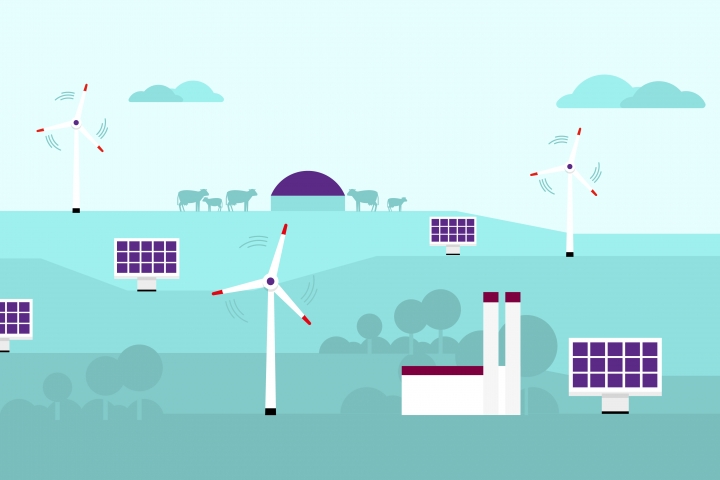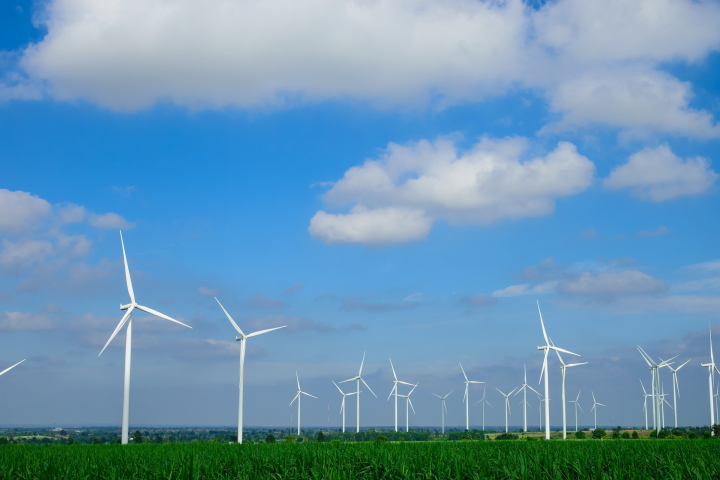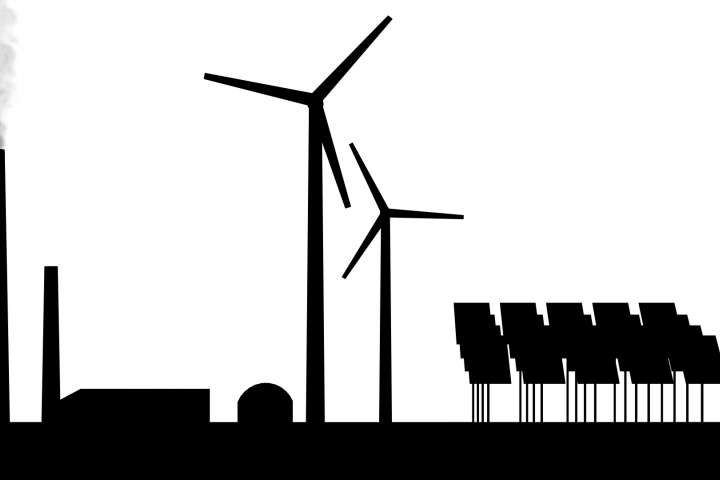Bioenergy remains most common source of renewable energy
The Q-BICON project aims at creating an innovative training program for bioenergy consultants and multiplies. In order to assure that the training meets the market needs the Market Framework Analysis examines bioenergy markets in the project countries Austria, Germany, Hungary and Poland.
The Market Framework Analysis serves as input for the Detailed Market and Demand Analysis as it gives an overview of the state of the art of bioenergy markets in the respective countries. Bioenergy statistics, the legislative framework and the most common biomass technologies of the four countries are shown. Also the most important concerns regarding biomass utilisation are addressed, as the Q-BICON training program has to give answers to the most current issues, the most acute obstacles to sustainable biomass utilisation in the four countries.
The market framework analysis has shown that bioenergy is the most common source of renewable energies in all analysed countries, mainly to a traditional use of wood combustion. In Poland 86% of the renewable energy mix is served by solid biomass, and even in Germany where other renewable energy technologies are also well developed solid biomass accounts to 56% renewable energy utilisation. Biogas production increases constantly in the four analysed countries with Germany being the pioneer and main technology provider. Biofuels experienced a decreasing enthusiasm in recent years due to sustainability concerns, which is clearly visible in curbed investments.
In Austria biomass utilization is characterized by a high number of local heating and CHP stations. Small scale energy production provides for a decentralized energy supply using locally available biomass sources. However, the low number of connections to grids because of dispersed settlements causes problems. An inefficient operating grade because of too long grids or low energy demand during summer operation is visible.
The main concern in Germany is related to biomass imports, i.e. whether the environmental pressure of intensive agriculture is being exported, or if and how the import of sustainable biomass sources can be ascertained. In Germany about 7 % of the primary energy used in 2010 was derived from biomass and renewable wastes which was only possible due to biomass imports.
In Hungary main concerns related to biomass utilization are caused by low combustion efficiency. After 2003 an accelerated growth in biomass production stemmed from the conversion of some coal-fired power plants operating with poor efficiency and causing high environment pollution into biomass co-firing. The average power generation efficiency of converted power plants remains low and these plants continue to use outdated technologies.
Similarly in Poland the rapid development of biomass co-firing for generating electricity has been largely responsible for the sharp increase in solid biomass consumption. High capacity co-firing plants have a huge biomass input need which leads to biomass imports and huge traffic needs. In both cases sustainability concerns arise.
The Q-BICON training program has to deal with the characteristics of the analysed countries in order to assure that training participants are provided with adequate answers and knowledge that helps them assuring a sustainable bioenergy development in their countries.
The project website will be online from May 2013 and serve with further information on the Q-BICON project.






